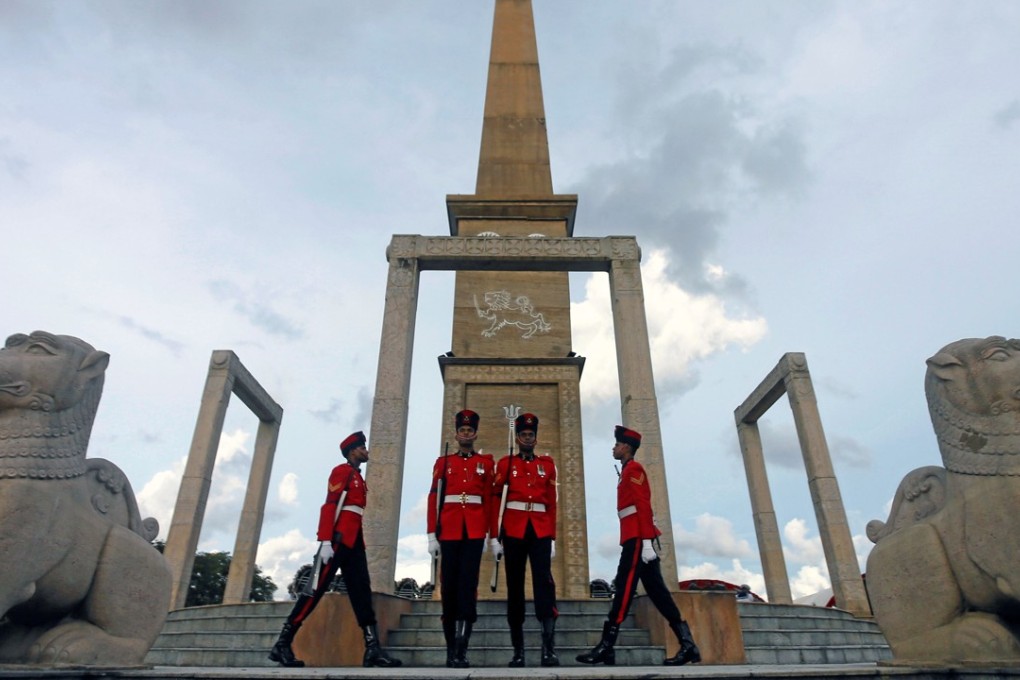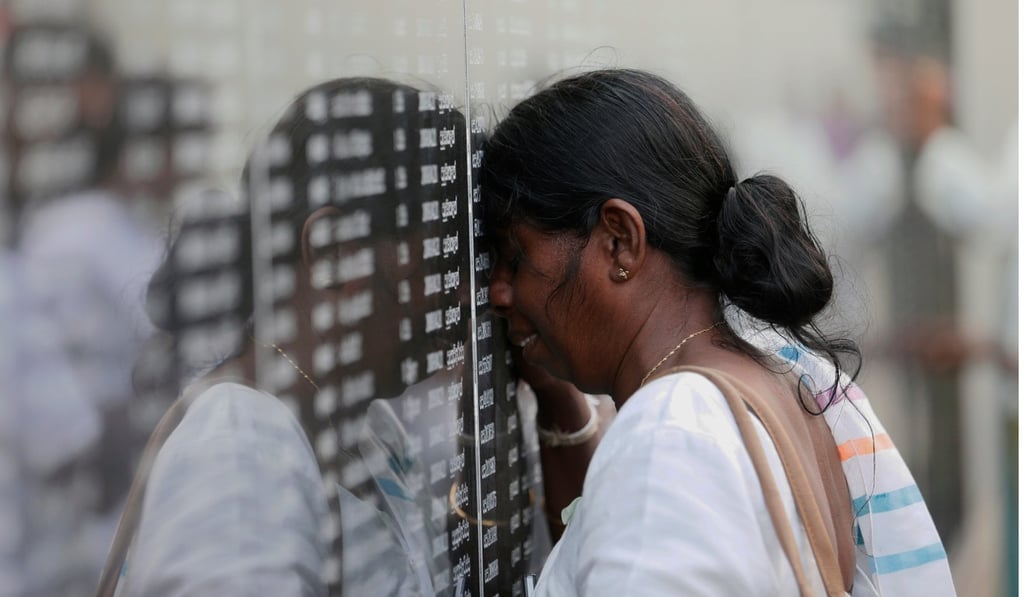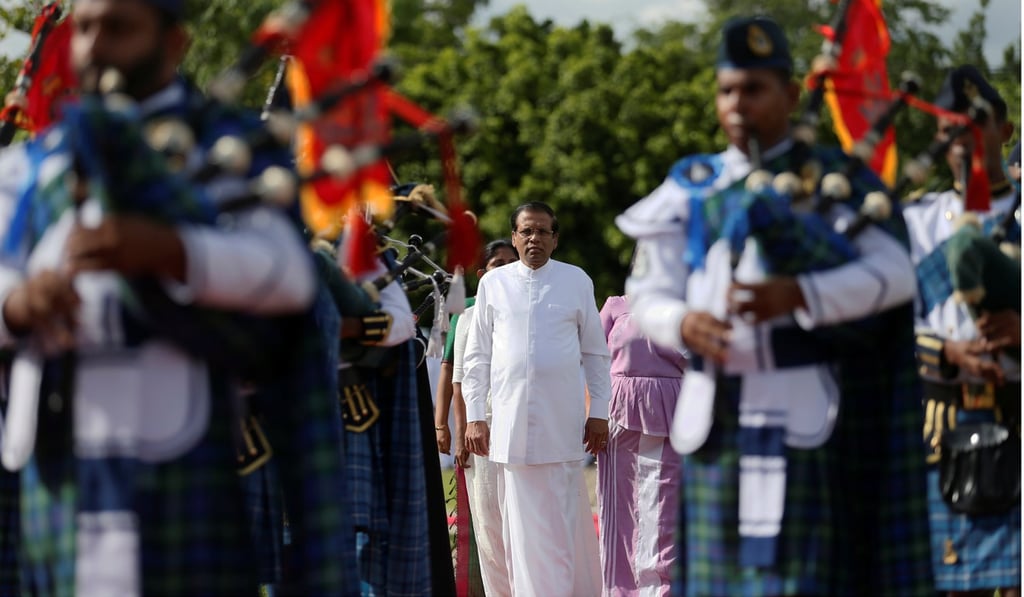Sri Lanka still a divided nation as it marks anniversary of war’s end
President Sirisena insists the country is on the path to ethnic reconciliation, while Tamil leaders call for the date to be renamed ‘genocide day’

Sri Lanka commemorated the ninth anniversary of the end of its civil war as a divided nation, with minority Tamils calling for an international investigation into alleged wartime atrocities and the government defending soldiers from allegations.
President Maithripala Sirisena on Saturday presided over a war memorial ceremony in the capital, Colombo. He said even though some accuse the military of war crimes, such allegations have not been formally levied by world bodies such as the UN Human Rights Council.

The Office of the UN High Commissioner for Human Rights in a 2015 report said if allegations against both the government forces and separatist Tamil Tigers could be established in a court of law, they may, depending on the circumstances, amount to war crimes.
Sirisena said there were no proper records to show the number of civilians who died in the 26-year civil war but said it could be around 100,000. The UN initially estimated the death toll at the same number, but it is suspected to be much higher since there were no independent witnesses to the final year of fighting.
The government pledged in 2015 to carry out an impartial investigation into alleged war crimes, but has taken no action so far.
